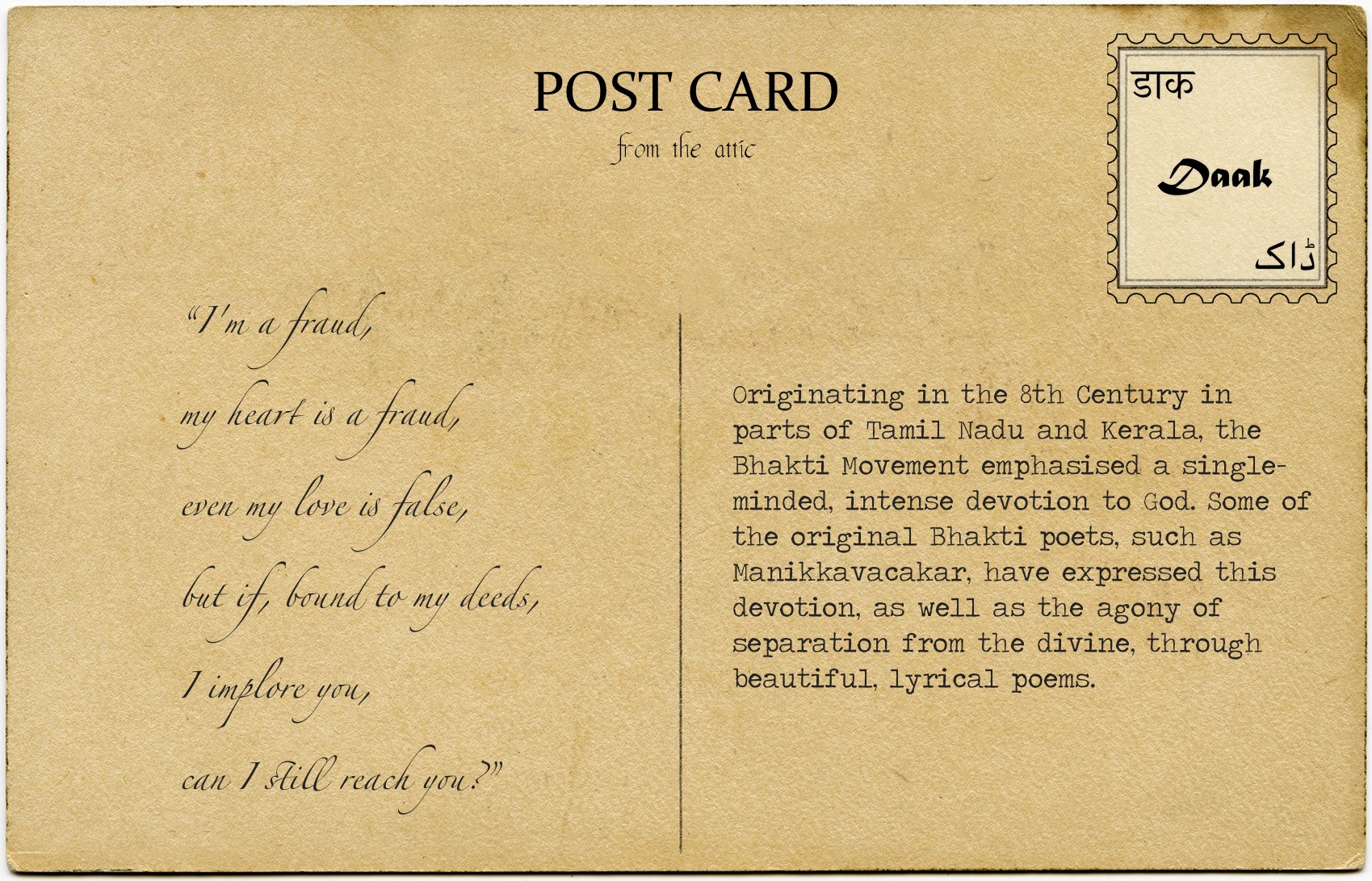
Longing for the Divine: Manikkavacakar’s Bhakti Poems
The Bhakti Movement played a crucial role in the literary development of several Indian vernacular languages. It caught the public imagination, especially in the popularisation of Sikhism, as it used music and dance – both simple, intuitive and inclusive forms of expression.
However, the Bhakti Movement originated in the South around the 8th Century, in parts of Tamil Nadu and Kerala, and gradually spread northwards. In its original form, the movement emphasised a single-minded, intense devotion to God. Some of the original Bhakti poets or saints have expressed this devotion, as well as the agony of separation from the divine, through beautiful, lyrical poems.
One such saint from the 9th Century, Manikkavacakar, was born in a Brahmin household in Madurai and summoned to court to serve as a minister. However, he longed to renounce the world from the day he became Lord Shiva’s disciple.
Although translated from Tamil, his poetry still paints an agonising life which, to him, is akin to death.
“I don’t surrender my heart at your feet,
I don’t melt with love,
sing your praise or bring garlands,
I don’t tell of your glory,
tend your temple, or dance
King among gods,
refuge for worthy people,
I rush toward my death.”
What is most interesting is no matter how intense the pain, Manikkavacakar’s God remains blameless; he blames his own wretched, physical self which cannot yet comprehend and internalise the divine.
“Dead heart,
you resist
the lord who entered me
and took me, an utter fool,
for his own,
my father who graced me with knowledge
and showed me all noble paths,
lord who cut my bonds
and gave his sweet, unfailing grace
you plunge headlong into falsehood
and condemn me to ruin.”
***
“Lord Siva,
king of Tillai, the southern town,
while other devotees know your mind
and reside at your feet,
I just stay here
guarding this body of flesh,
no better than a nest of worms.”
***
“I’m a fraud,
my heart is a fraud,
even my love is false,
but if, bound to my deeds,
I implore you,
can I still reach you?”

Leave a Reply